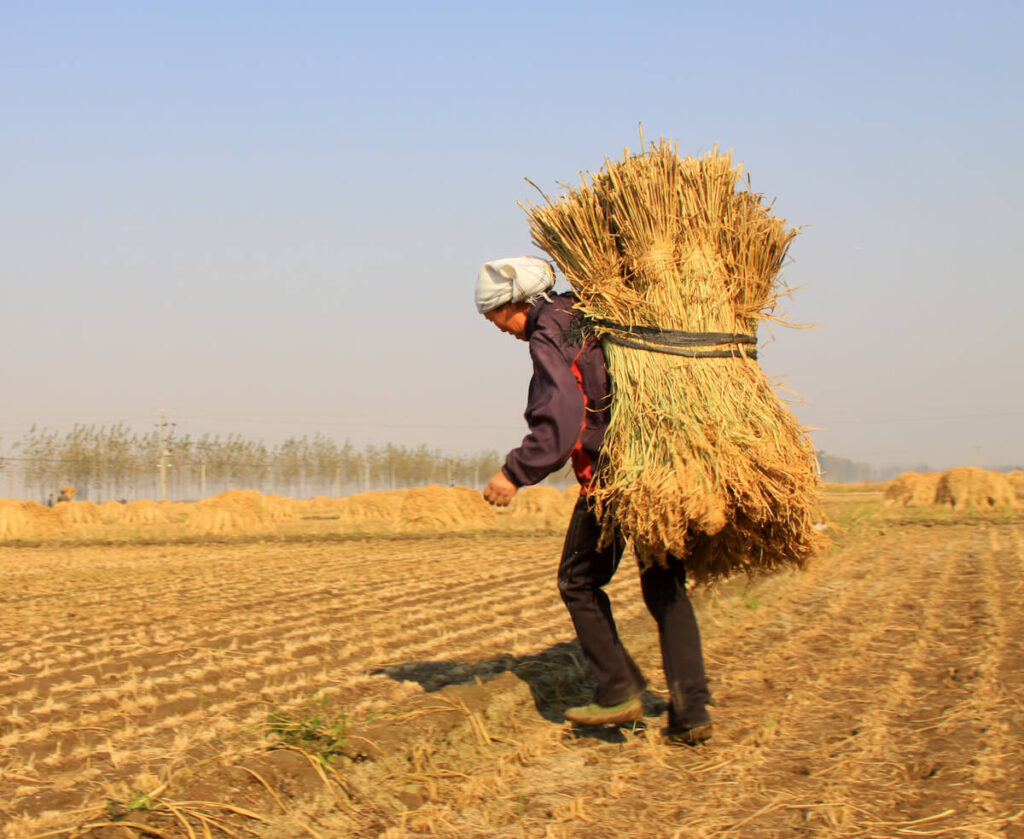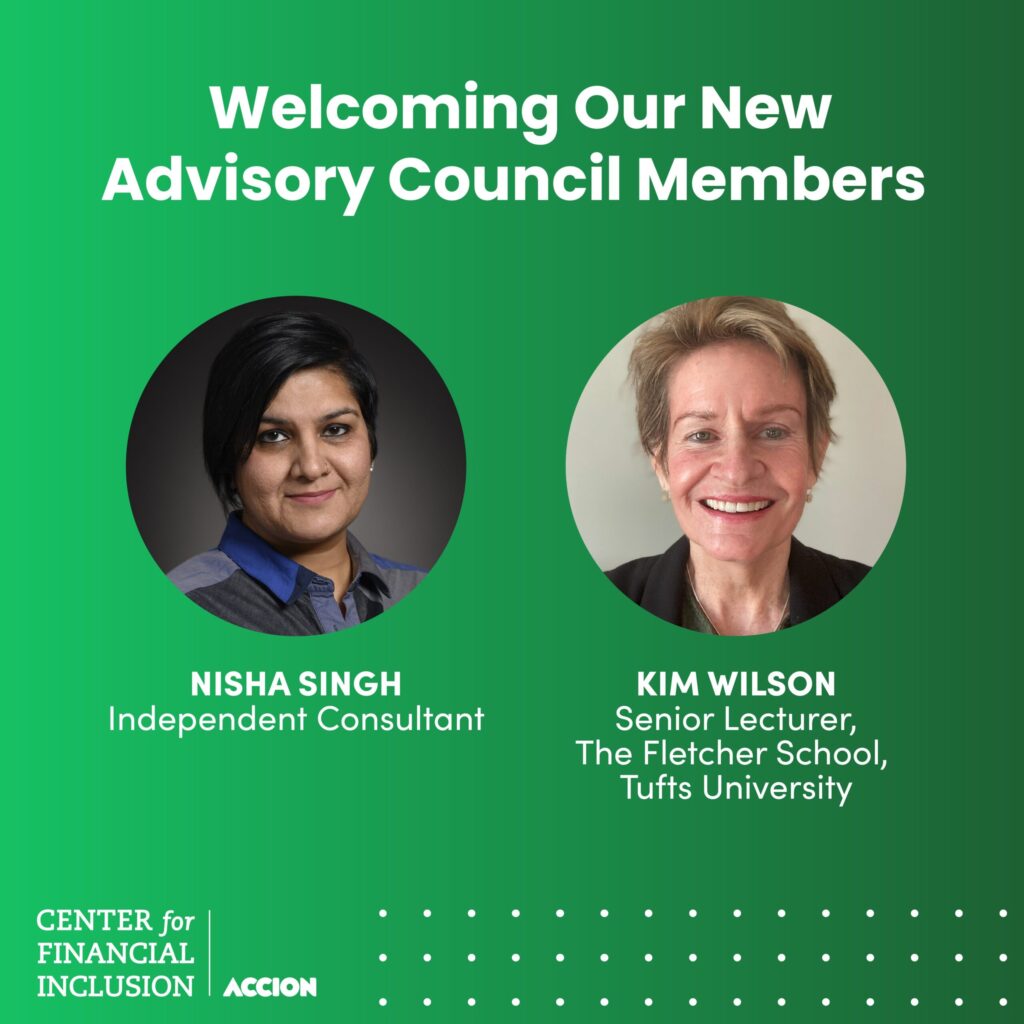
This post was originally published on FinDev Gateway.
Over the past couple of months, we have seen unprecedented coordination among investors, donors, and other industry actors all seeking to support the BOP and the institutions that serve them. We are building a coalition so that these institutions that serve the poor with financial services also have a voice in the COVID-19 response.
Under the leadership of Andrée Simon of FINCA Impact Finance, a new coalition is forming to raise the profile of microfinance organizations as critical players in the response to the unfolding crisis. The coalition began under the umbrella of the Partnership for Responsible Financial Inclusion (PRFI) which is housed at CFI, but quickly extended far beyond PRFI membership. Members of the coalition include:
- AccessHolding
- Accion
- Advans
- Aga Khan Agency for Microfinance
- ASA International
- Baobab
- BRAC
- FINCA Impact Finance
- Grameen Foundation
- Opportunity International
- Pro Mujer
- VisionFund International
- Vitas Group
- Women’s World Banking
Collectively, these organizations and their partners and investees serve more than 80 million active customers, 69 percent of whom are women. Each of these institutions has expanded their capacity to deliver financial services – especially in mobile and agent banking – and strengthened their infrastructure through technological innovations and digital communications, with the aim of accelerating responsible financial inclusion.
Most importantly, the microfinance institutions represented in this coalition operate in the corners of the world that are often hardest to reach. We collectively operate or support microfinance partners in 23 of the 47 least developed countries.
But more than microfinance, many of the coalition partners are also directly engaged in the delivery of additional services including education, agriculture, health and energy – reaching tens of millions of clients with other forms of assistance beyond the provision of financial services.
If leveraged strategically, the infrastructure of this group of providers could save millions of livelihoods. First, we offer critical access to credit, savings and other financial tools – increasingly through digital means – to tens of millions of people around the world who do not have formal employment opportunities. These financial services enable clients to operate small businesses that are frequently more resilient than the formal sector in the face of severe economic shocks, and which will be even more needed in a post-pandemic world in which formal employment has been decimated.
Second, these institutions collectively constitute an essential “last mile” network, meaning we have deep reach into communities in which individuals might otherwise miss out on support because of limited access, literacy, infrastructure or technology connections (where digital experience is limited and novel). Combined, these elements position microfinance as a critical tool to not only mitigate the economic impact of the crisis, but also to accelerate recovery from it.
This coalition has come together to outline what we believe is needed to support and protect our customers, now and into the future. We will articulate our collective position over the course of three blogs in which we outline our calls to action to investors, donors, and policymakers.
We invite other microfinance networks and organizations to join this coalition and to make their voices heard.









